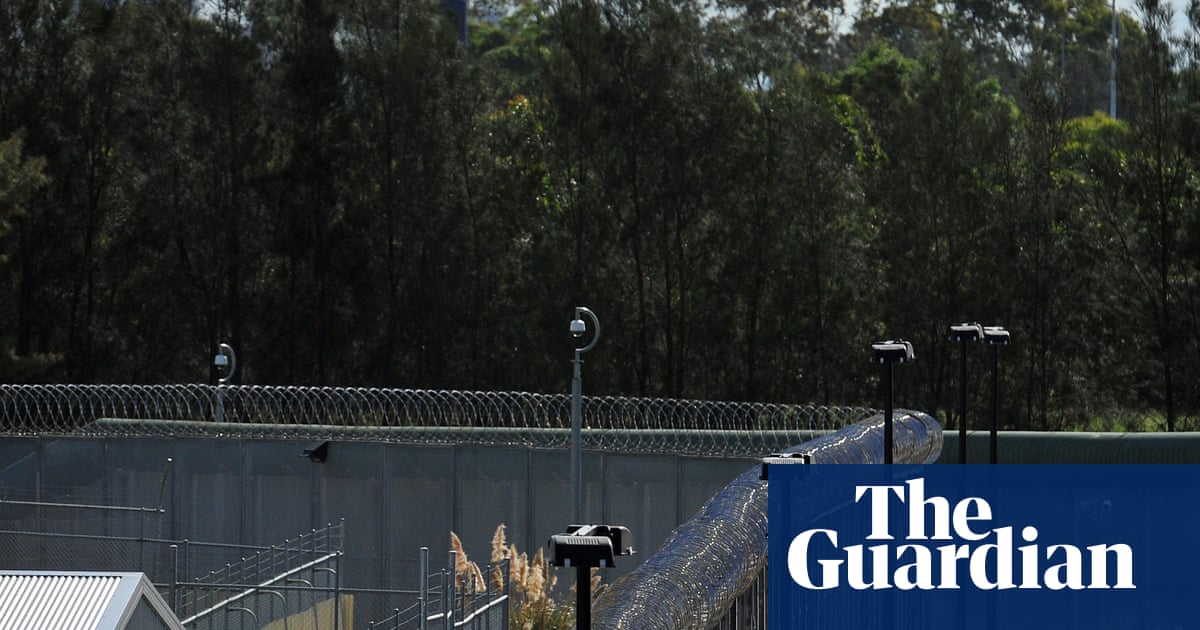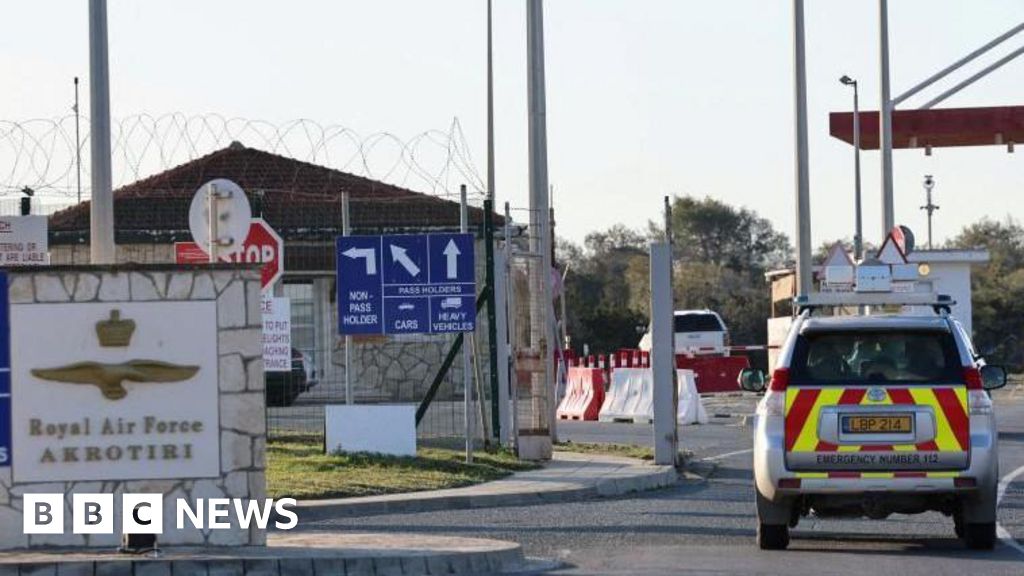
In anticipation of the 76th International Astronautical Congress (IAC 2025), the International Astronautical Federation (IAF) has announced a pivotal Plenary Session titled “Learning to Live on Another World: The International Community’s Return to the Moon.” This significant event is scheduled for Tuesday, September 30, 2025, from 13:45 to 14:45 Sydney time. It will bring together a diverse array of leading experts from space agencies and companies worldwide, all of whom have recently embarked on or contributed to lunar missions.
The session promises to be a cornerstone of the congress, focusing on the inspirational missions that have marked humanity’s renewed interest in lunar exploration. These missions are not only a source of national pride for the countries involved but also represent significant advancements for the global space industry. The discussions will delve into the remarkable engineering feats and scientific discoveries achieved through spacecraft, landers, and rovers, as well as the new knowledge gained from these endeavors.
The Significance of Lunar Exploration
The return to the moon is more than a symbolic gesture; it is a critical step in humanity’s quest to expand its presence beyond Earth. The moon serves as a testing ground for technologies and strategies that could one day be used for Mars exploration and beyond. The Plenary Session will explore how these missions contribute to our understanding of the moon’s geology and potential resources, which could support sustained human habitation.
According to Dr. Maria Gonzalez, a leading astrophysicist involved in lunar research,
“The moon is a stepping stone for the future of space exploration. It offers a unique opportunity to test life-support systems and other technologies in a relatively close and controlled environment.”
Challenges and Innovations
The panel will also address the challenges faced during these missions, including technical failures and the inherent risks of space travel. By sharing both successes and setbacks, the session aims to foster a culture of learning and innovation. This approach is crucial for the development of future technologies necessary for establishing a permanent human presence on the moon.
Dr. Alan Smith, a former NASA engineer, emphasizes the importance of risk management in space exploration:
“Understanding and mitigating risks is key to the success of any mission. The lessons learned from past missions inform the design and execution of future projects.”
Technological Advancements
Recent advancements in propulsion systems, robotics, and artificial intelligence have played a significant role in the success of lunar missions. These technologies not only enhance the capabilities of current missions but also pave the way for more ambitious projects, such as the construction of lunar bases and the extraction of lunar resources.
The session will highlight how international collaboration and private sector involvement are driving these technological innovations. Companies like SpaceX and Blue Origin are working alongside traditional space agencies to push the boundaries of what is possible in lunar exploration.
Looking Ahead: The Future of Lunar Exploration
The implications of these discussions extend beyond the moon. Establishing a sustainable presence on the moon could serve as a model for future missions to Mars and other celestial bodies. The insights gained from lunar exploration will inform the strategies and technologies needed for these more distant ventures.
As the Plenary Session unfolds, it will not only celebrate past achievements but also chart a course for the future of space exploration. The collaboration between nations and the integration of cutting-edge technology will be crucial in overcoming the challenges that lie ahead.
Space & Defence – MySecurity Media, as media partners to the IAF and IAC, will provide comprehensive coverage of the event, ensuring that the discussions and insights are shared with a global audience.
The return to the moon represents a new era in space exploration, one that promises to unlock the mysteries of our universe and inspire future generations to reach for the stars.







